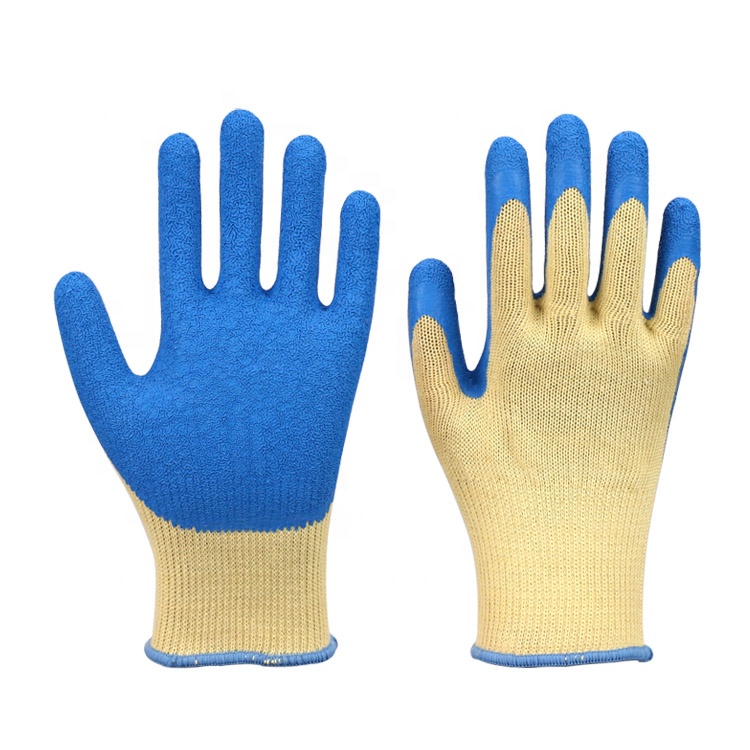Materials of Work Gloves and Their Advantages and Disadvantages
Work gloves are important protective tools for the hands, and choosing the right gloves is crucial for various work scenarios. The material of work gloves directly affects their function and comfort, so it is necessary to understand the advantages and disadvantages of different materials.

First, let's look at cotton gloves. Cotton gloves have the advantages of being absorbent, breathable, and warm, making them very suitable for cold and dry work environments. In addition, cotton gloves also have good flexibility, which can improve hand dexterity and are suitable for delicate operations. However, the protective ability of cotton gloves is relatively weak, and they are not effective against some sharp objects, and are easily worn out.
Next is rubber gloves. Rubber gloves have excellent wear resistance, corrosion resistance, and tensile strength, and are effective against damage from chemical substances and mechanical stress. In addition, rubber gloves also have good anti-skid performance and can provide stable grip in wet environments. However, rubber gloves have poor breathability, and wearing them for a long time may cause hand discomfort and even allergic reactions.
Then comes leather gloves. Leather gloves have good durability and protective performance, and can resist damage from sharp objects and mechanical stress. In addition, leather gloves also have good warmth retention, making them suitable for cold work environments. However, leather gloves are relatively expensive, and may become stiff in wet environments, affecting hand dexterity.
In summary, different work glove materials have their own advantages and disadvantages, and the correct gloves should be chosen based on the specific working environment and needs. Regardless of the material chosen, proper wearing and use methods are crucial to ensure hand safety.


